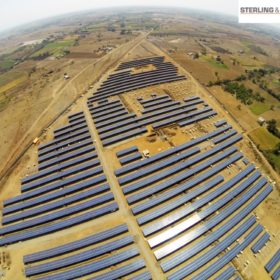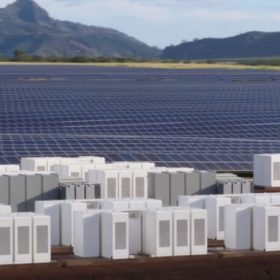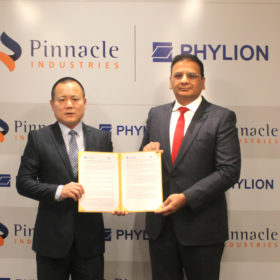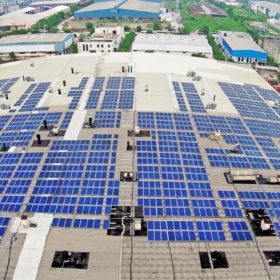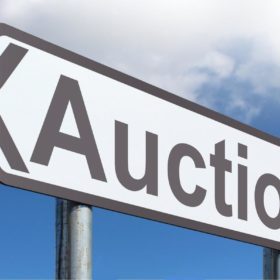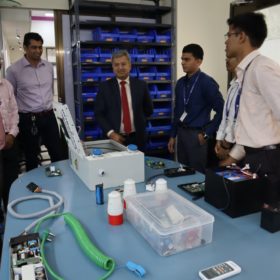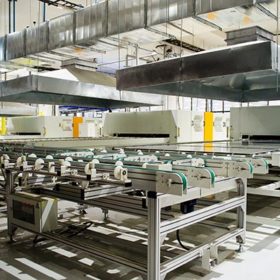India will need 125,000 km2 land to achieve its renewable targets, says TNC research
The land required to meet India’s 2022 renewable energy target ranges from approximately 55,000 to 125,000 km2, or areas roughly the size of Himachal Pradesh or Chhattisgarh, respectively. This much land is likely to impact 6700–11,900 km2 of forest land and 24,100–55,700 km2 of agricultural land. The good news is that India’s already degraded lands have the potential of 1789 GW, which is more than ten times the 175 GW target.
Energy Storage: Top 5 Li-ion battery trends to watch out for
The Internet of Things, cloud analytics and artificial intelligence will find their way into battery management too, enabling OEMs to precisely measure and improve the life of their deployed assets. Lower battery costs and increased adoption in high-power commercial electric vehicles and grid support are the other trends shaping the market.
Pinnacle and China’s Phylion launch lithium-ion battery assembly unit in Maharashtra
Madhya Pradesh based Pinnacle Industries–a commercial vehicle components manufacturer–plans to roll out electric vehicle battery packs with Phylion cells and semi-knocked-down kits.
Maheswari Mining & Energy secures the largest slice of 97.5 MW rooftop solar
The developer won 9 MW under RESCO mode. Other major winners include SunSource with 8 MW, Ampsolar and Varp (5 MW each), and Hero Future and HFM Solar Power (4.075 MW each).
Budget 2020: TERI’s wishlist for solar, storage and more
Increased funding under the KUSUM Scheme to create further markets in farmland solar, viability gap funding to promote installation of grid-connected battery storage, and R&D support to zero-carbon technologies for cement and steel sectors would take India ahead on the green path—says the sustainability thinktank.
SECI tenders 1.2 GW wind-solar hybrid, 4 MW floating solar plus storage
Developers have until February 25 to bid for ISTS connected wind-solar hybrid projects to be set up anywhere in India at the location of their choice. Bidding for 4 MW of grid-connected floating solar project with 2 MW/1 MWh battery energy storage system—to be set up in Andaman & Nicobar Islands—closes on February 13.
NTPC tenders 50 MW solar plant operations and maintenance in Madhya Pradesh
Domestic bids are invited to provide operations and maintenance services for the solar plant at NTPC Rajgarh. Bidding closes on January 30. Techno-commercial bids will open on February 8.
Magenta Power opens R&D centre for EV chargers and energy informatics
The R&D facility in Navi Mumbai will house three automation labs to ensure EV charger design and development as per the international quality and safety standards for cells and battery packs, rapid prototyping, and reliability and environmental tests.
Driving India’s energy transition
India needs to look at a diverse set of flexibility options such as natural gas capacity, variable renewables themselves, energy storage, demand-side response and power grids, to ensure successful integration of wind and and solar PV, says an International Energy Agency (IEA) report.
Tata Power Solar bags 250MW solar project from NTPC
The project—valued at Rs 15,050 million—is to be set up using only domestically manufactured cells and modules. Completion period is 20 months.

